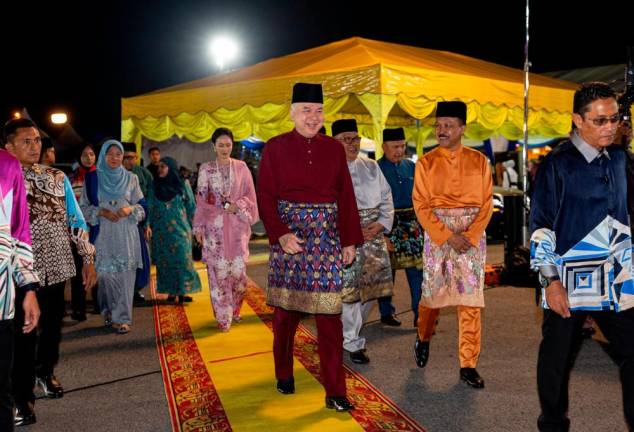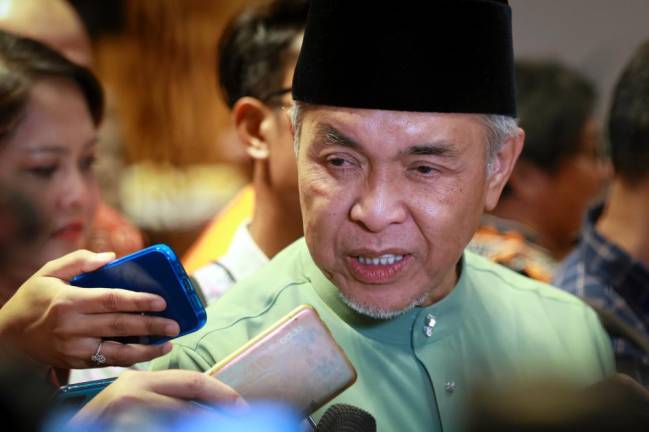PETALING JAYA: Half a century since it was put in place, the success of the New Economic Policy (NEP) remains mixed at best.
It has brought a measure of success for a select group of people and inter-community and intra-community economic divisions have widened, according to experts and stakeholders.
Rather than continue with the same strategy, some of them said it is time for the government to acknowledge that the situation is very different now, and a rethink of the policy objectives may be timely.
Former Sungai Benut MP Tawfik Ismail and economist Dr Yeah Kim Leng said the NEP should be made more needs-based, a departure from its current race-based format.
Tawfik pointed out that while the original objective of the policy was to uplift the economic status of the largely rural and agrarian community, who happen to be mostly Malay and non-Malay bumiputra, times have changed and poverty is equally deep-seated among some non-bumiputra.
In an interview with South China Morning Post last week, former prime minister Tun Dr Mahathir Mohamad lamented the failure of the NEP to fully achieve its objectives.
He said while there have been many successes, it has not been enough to help the Malays catch up with the non-Malays.
Yeah, a professor of economics at Sunway University, offered several reasons for reviewing the policy.
He said the Covid-19 pandemic has had a devastating effect on many, irrespective of gender, ethnicity or creed, adding that the government is committed to ensuring “no one is left behind” while remaining true to its obligations under the United Nations 2030 Sustainable Development Goals.
“Domestically, the NEP has been highly successful in eradicating hardcore poverty and uplifting the income status of the bumiputra, with the exception of the indigenous people and non-Malay bumiputra in Sabah and Sarawak.”
He said while the bumiputra middle class has expanded extensively, Malays and non-Malay bumiputra are still the majority in the low income group.
Yeah said there is also a sizeable proportion of poor households in ethnic Chinese and Indian communities.
“This suggests that inter-ethnic income equality is an equally important factor when formulating development goals.
“Malaysia needs to shift from a bumiputra-focused NEP to a ‘pro-poor’ policy, in line with the Malaysian Family agenda touted by the current administration,” he added.
Yeah said NEP 2.0 should focus on bridging the various divides – gender, age, urban-rural, regional and digital – regardless of ethnicity so that all human, physical, natural and cultural capital and resources are fully employed to achieve a developed nation vision.
Former chief executive officer of government think-tank Institute for Development Studies Datuk Dr Johan Arriffin told theSun that bumiputra are now “worse off than before” and the community is nowhere near achieving the target of 30% equity in business.
Johan said the pandemic had wiped out whatever gains the NEP achieved in previous years, adding that it is the urban elites and middle class who have gained the most from the policy.
Economist Tan Sri Ramon Navaratnam said while the NEP has succeeded in reducing hardcore poverty, it has yet to overcome the issue of inequality among races.
He is also of the view that the policy has been abused for the benefit of a few.
“As a result of corruption and cronyism, the funds for the people aren’t being channelled properly, enabling the elites to gain while those in the middle and bottom classes lose out.”
Ramon, who sat on the panel that formulated the NEP in the 1970s, expressed disappointment at “how distorted our economy has become”.
“We should learn from the past and ensure that discrimination doesn’t play a role when it comes to helping Malaysians,” he added.











